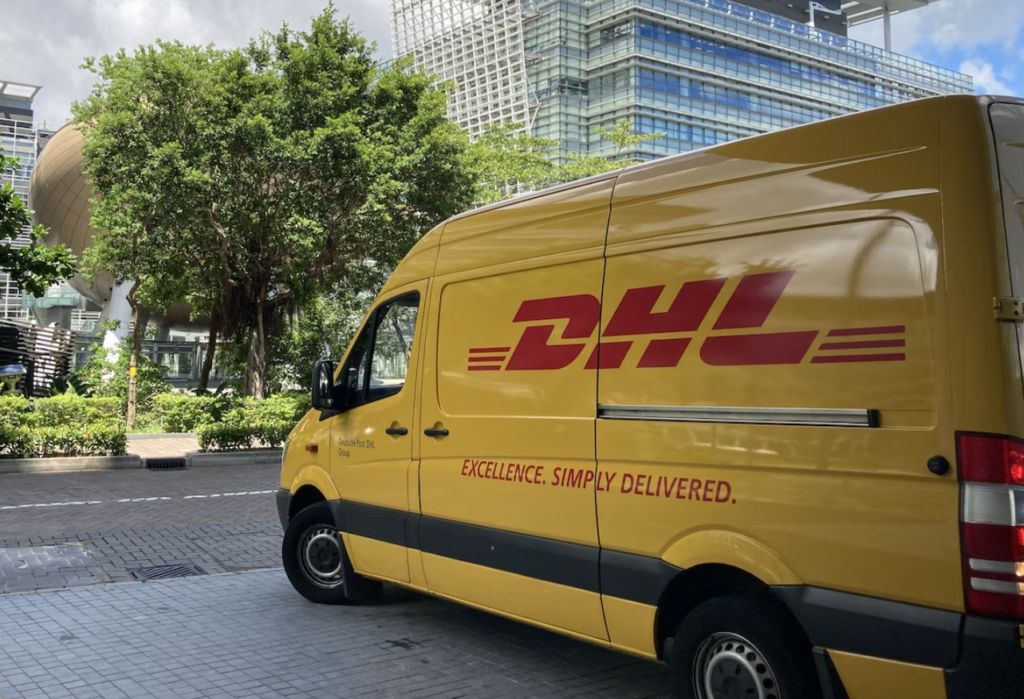How DHL Delivery Is Partnering With Ford
This article is more than 2 years old

Global climate change is being discussed by all leaders in the world, that includes both leaders of countries and industries. They are developing strategies to reduce the volume of carbon emissions so that their products and services contribute to this global issue. In one such move, the delivery service company DHL has reached an agreement with the Ford Motor Company to purchase 2,000 E-Transit vehicles by the end of 2023.
Companies, like DHL, that utilize fleet vehicles to execute the services they provide have committed to transitioning from internal combustion engines to electric vehicles to cut down on their carbon footprint. The delivery service industry has been identified as one of the largest contributors to greenhouse emissions on the planet, along with some manufacturing companies. This has placed that industry under the microscope to see which companies will be able to respond to emission reduction goals.
According to engadget.com, “DHL is turning to Ford for help to electrify 60 percent of its delivery fleet by the end of the decade.” DHL has set aside €7 Billion for investments over the rest of the decade for investments in infrastructure, technology, and conversion costs to achieve a zero emissions fleet by 2030. Even though DHL already employs 27,000 electric vehicles in its fleet and the purchase of 2,000 vehicles is a rather small percentage of their total the memorandum of understanding that they signed comes with some added benefits to DHL.
Ford has granted DHL access to test vehicles from the company before they are produced in mass. It also forges a partnership on the development of new products and infrastructure charging solutions. This squarely puts DHL at the forefront of companies that are proactively addressing climate change initiatives within the delivery services industry. Ever since Rivian inked a deal with Amazon in 2019 to purchase 100,000 electric vehicles for their delivery fleet, most other motor vehicle and delivery companies have been racing to get deals done to stay on pace with their own zero emissions commitments.
Scientists are uncovering more evidence that our planet’s climate is rapidly changing due to our society’s destructive practices. They have been able to identify who are the biggest contributors to perpetuating this problem and now that we are aware internal combustion vehicles are one of the leading causes of carbon emissions. The companies that utilize these vehicles are being monitored closely by governments and media to hold them accountable for making the necessary changes in their business models to help stem the carbon emissions tide.
It’s not going to be an overnight process being able to convert fleets of tens of thousands of internal combustion engine vehicles to electric vehicles. As well as rapidly building an infrastructure of charging stations to make use of these electric vehicles practical for these companies. If these mega companies and conglomerates partner with each other to work on these solutions they will resolve the issues sooner rather than later.
DHL and Ford Motor Company may have only inked a small electric vehicle delivery deal. The big takeaway is that they are building a foundation together which forged a partnership to develop and foster the transition from an old business model to a new model which is considerate of the planet’s environmental needs.





